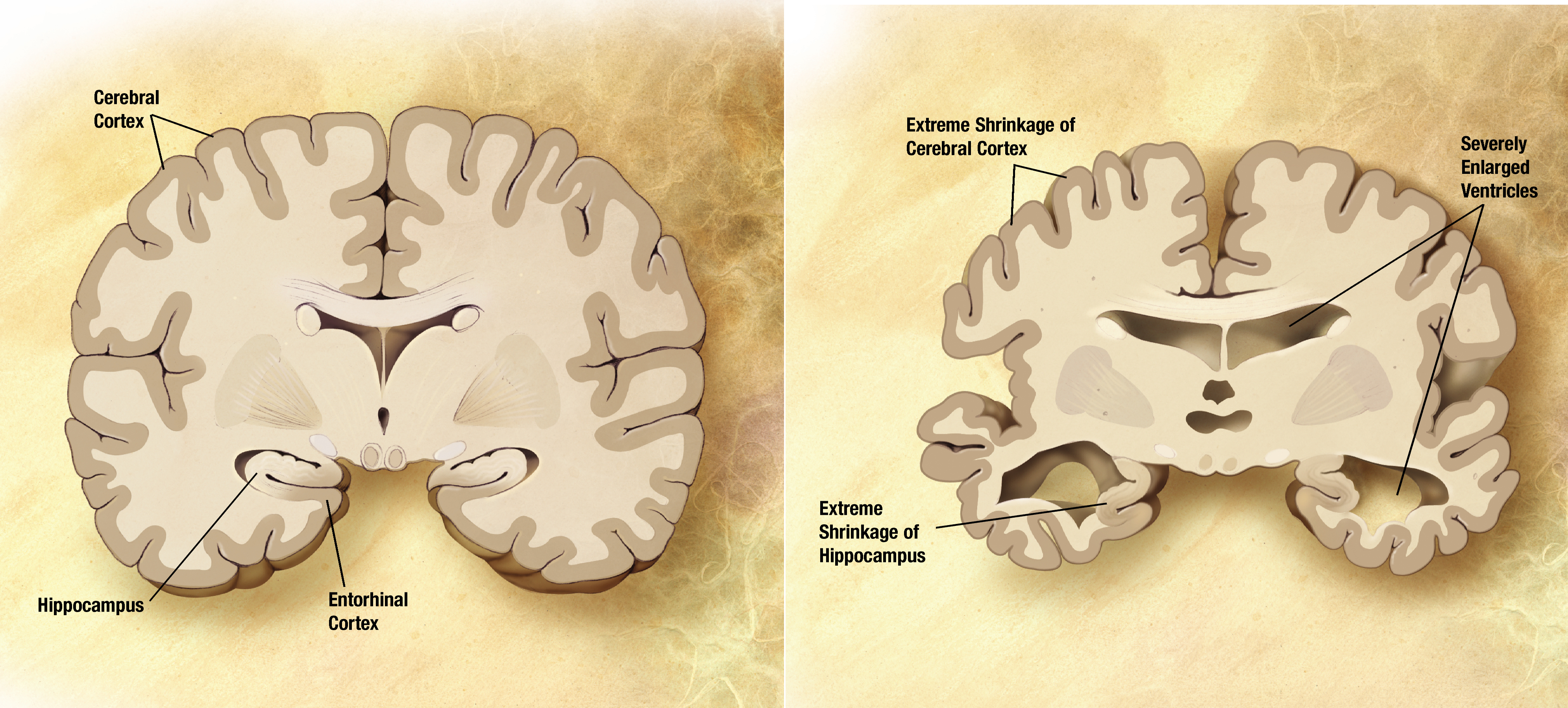 |
| Nothing is worth this. |
He also explained that the aluminium content in the brains of people who died with or of Alzheimer's disease has been found to be much higher than age-matched controls. Even higher levels have been found in people who developed Alzheimer's disease at earlier ages. This may be a combination of higher exposure and a greater tendency to accumulate aluminium than those who do not develop the disease.
In his most recent study, published in 2016, the aluminium content of the brains of 12 people who were diagnosed with familial Alzheimer's disease was finally measured. The concentrations of aluminium were found to be extremely high, with 5 of the 12 individuals showing an excess of 10 micrograms per gram of dry weight! The concentrations were higher than all previous measurements of brain aluminium, except cases of aluminium-induced encephalopathy. In contrast, a study of 60 human brains found an average concentration of only one microgram per gram of dry weight; more than two is considered a concern. He also mentions that other reports of exposure to aluminium now allow the conclusion that this element's contribution to Alzheimer's disease is inevitable under certain conditions. It was concluded that the genetic predispositions to Alzheimer's disease may actually promote the accumulation of more aluminium than in those without these genes.
Fortunately, you can both minimise your exposure to aluminium, as well as detoxify yourself from past exposure. One study with 20 people found that when compared with urine, levels of aluminium in sweat were three times higher, meaning that saunas or vigorous exercise could help to remove it and other unwanted metals. This is safer than chelation, which can also pull out beneficial minerals from the body. Overall, it's essential to your health and the wellbeing of those close to you to avoid aluminium, even if it means becoming one of those annoying hippies or "crunchy" people.
No comments:
Post a Comment